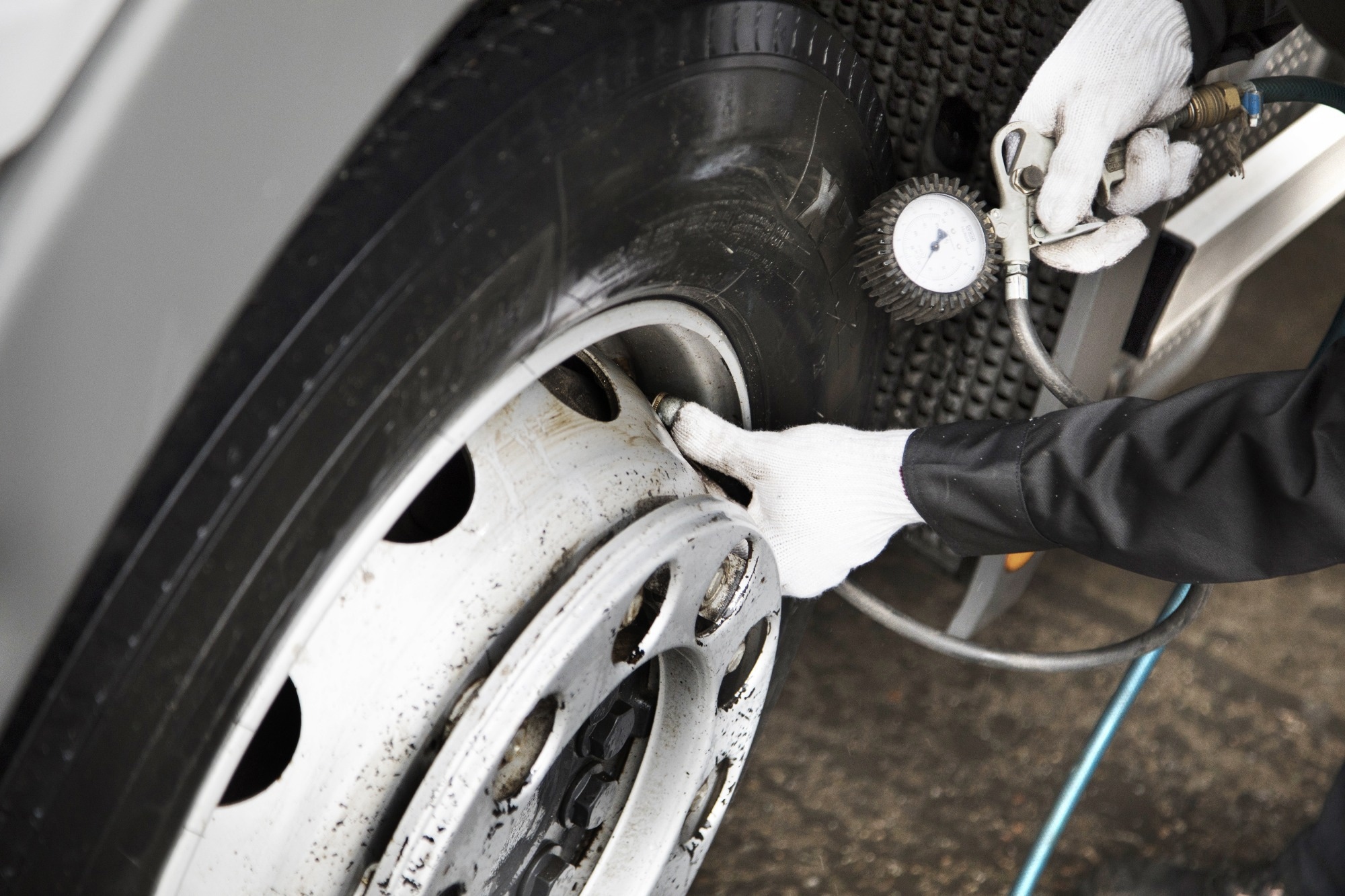Sponsored by Tough TechReviewed by Louis CastelSep 13 2023
Turning the tap off when brushing your teeth twice a day could save up to 24 liters of water a day and 8760 liters per year. This is one example of the importance of changing common behaviors to take incremental ‘small steps’ towards achieving global decarbonization in transport and industry.

Image Credit: Kot500/Shutterstock.com
The journey to global decarbonization has gained significant momentum in recent years, as the urgent need to tackle climate change and reduce greenhouse gas emissions is becoming increasingly apparent. In the discourse surrounding decarbonization, the weight of the blame often falls on the shoulders of transport and industry, sparking important conversations regarding the future of sustainability across the globe.
Political policy changes and other large-scale initiatives are crucial in this effort, but the 'Small Steps' approach has shown itself an equally vital strategy. In this context, implementing Advanced Connected Tire Pressure Monitoring Systems, such as ATLAS TPMS is a striking example of how innovations that appear minor at first, can help to achieve substantial reductions in carbon emissions and foster a greener future.
The Significance of Tire Pressure
Tires are frequently overlooked, yet are a substantial factor in a vehicle's carbon footprint.
Incorrect tire pressure can lead to increased fuel consumption, as it can cause higher rolling resistance. This inefficiency produces higher amounts of CO2 and burns more fossil fuels.
The U.S. Department of Energy claims that under-inflated tires can reduce fuel efficiency by up to 3%, resulting in millions of tons of excess CO2 emissions each year.
ATLAS TPMS: Empowering Operators for Change
ATLAS TPMS technology directly addresses this challenge by carrying out continuous monitoring of tire pressure 24/7 and alerting drivers when adjustments are required, even when the vehicle or machine is switched off.
This innovation epitomizes the 'Small Steps' approach to decarbonization. By equipping the operators of vehicles and machines with the means to take proactive measures to optimize their tire performance, ATLAS TPMS contributes to both fuel savings and emission reductions.
Benefits of ATLAS TPMS
- Improved Fuel Efficiency: Properly inflated tires reduce rolling resistance, improving fuel efficiency. This reduces expenses for operators whilst also significantly reducing the carbon footprint associated with their machines and vehicles.
- Emission Reduction: The reduction in fuel consumption inherently means lower CO2 emissions are produced per vehicle and machine. The large-scale impact of ATLAS TPMS adoption can make a meaningful contribution to overall decarbonization efforts.
- Extended Tire Lifespan: Tires that are maintained at optimal pressure see an increased lifespan, reducing the number of necessary tire replacements. This not only saves resources but also minimizes the environmental impact associated with tire production and disposal.
- Enhanced Safety: Vehicle stability, handling, and braking are all enhanced when tires are properly inflated. This improves road safety and indirectly contributes to decarbonization by reducing the likelihood of accidents resulting in vehicle damage and additional emissions from repairs.
Conclusion
The journey toward decarbonization is a complex one, which requires the implementation of various strategies and collaboration between different sectors.
While grand initiatives and policy changes are necessary, the influence of small, tangible steps cannot be underestimated. The benefits of adopting ATLAS TPMS show how innovative solutions can lead to a domino effect of positive change.
By empowering individuals and operators to optimize their vehicle and machine fuel efficiency, reduction in emissions is inevitable and a benefit to all.
ATLAS TPMS is already playing a significant role in the 'Small Steps' approach to decarbonization. With the continuing evolution of connected technology, businesses embracing such solutions will be paramount in shaping a greener and more sustainable future for generations to come.
Take the first ‘small step’ on the road to decarbonization and find out more about achieving a comprehensive insight into vehicle or machine tire performance with the market-leading ATLAS TPMS.
Acknowledgments
Produced for materials originally authored by Gary Brierley, NPIF UK Low Carbon Champion.

This information has been sourced, reviewed and adapted from materials provided by Tough Tech.
For more information on this source, please visit Tough Tech.